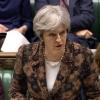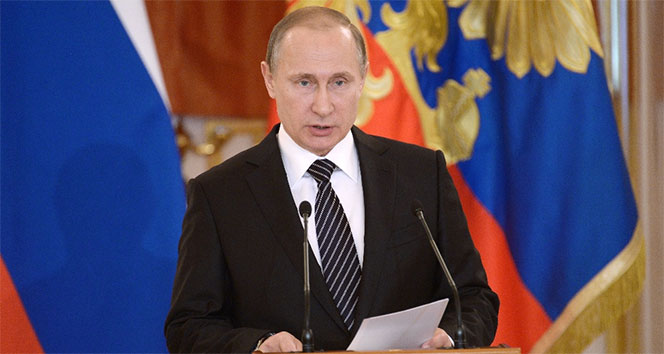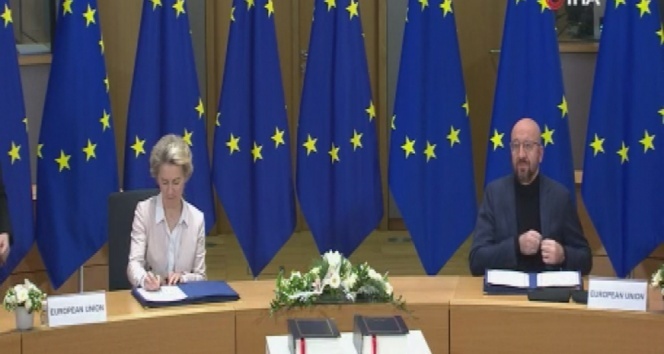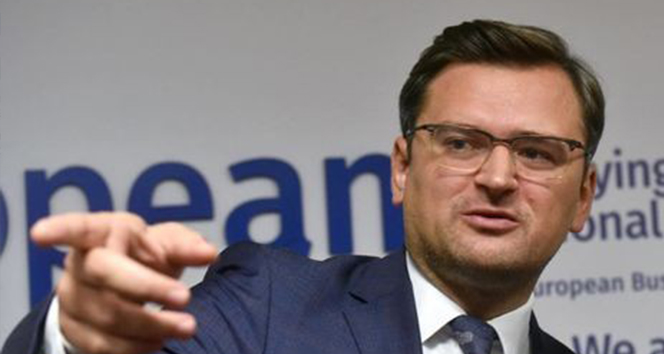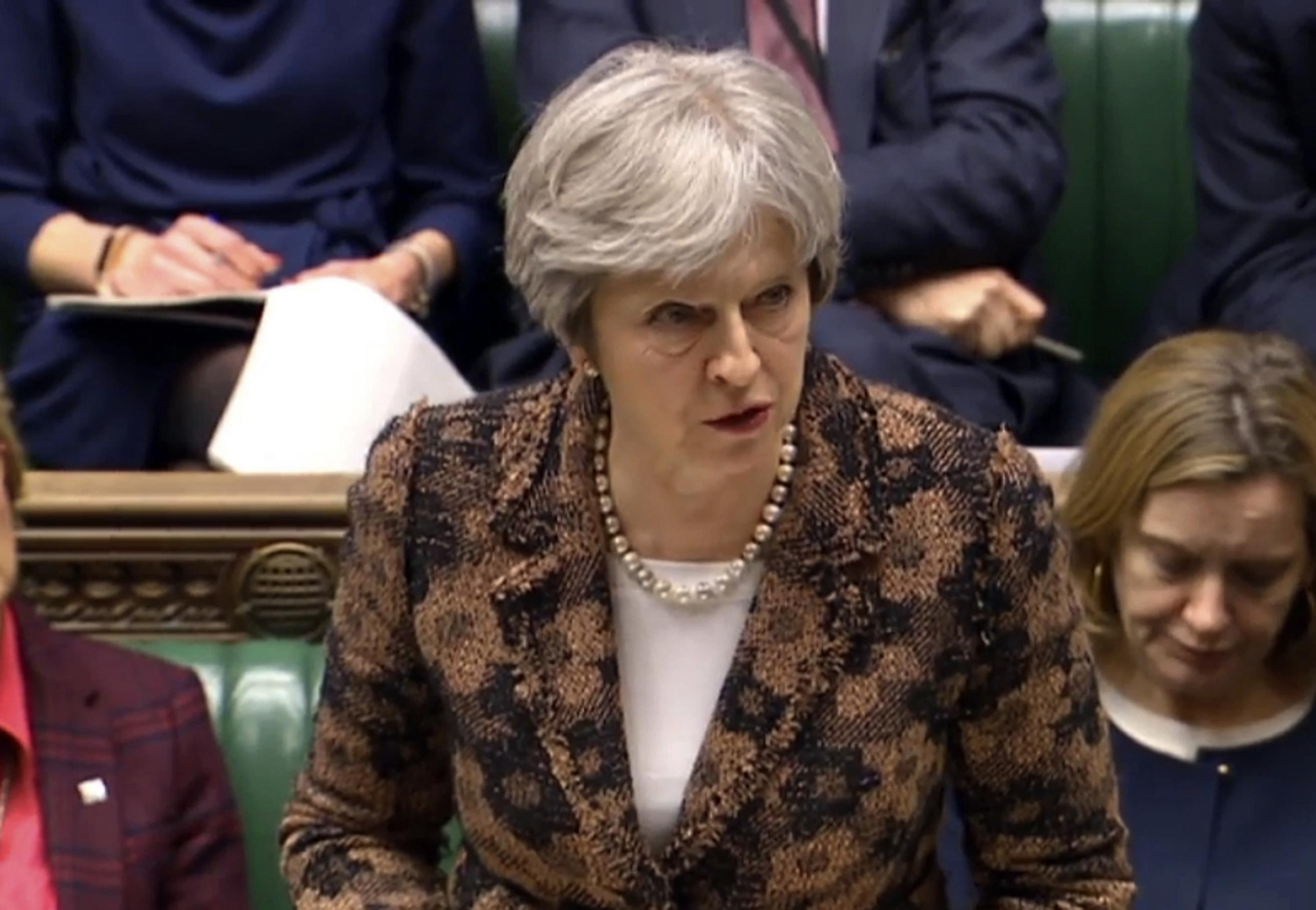
Britain hasn’t ruled out conducting cyberattacks in retaliation for the recent poisoning of a former double agent and his daughter on U.K. soil, triggering a stern warning from Russia after Prime Mini
Britain hasn’t ruled out conducting cyberattacks in retaliation for the recent poisoning of a former double agent and his daughter on U.K. soil, triggering a stern warning from Russia after Prime Minister Theresa May said Moscow was likely behind last week’s assassination attempt in the English city of Salisbury.
“Not only is Russia groundlessly and provocatively accused of the Salisbury incident, but apparently, plans are being developed in the U.K. to strike Russia with cyber weapons,” Russia’s embassy in London said in a statement Tuesday.
“Statements by a number of MPs, ‘Whitehall sources’ and ‘experts’ regarding a possible ‘deployment’ of ‘offensive cyber-capabilities’ cause serious concern,” the statement said. “We invite the British side to once again consider the consequences of such a reckless move.”
Ms. May announced on Monday that Britain believed Russia was likely responsible for poisoning Sergei Skripal and his daughter Yulia, and that the U.K. will “take the full range of appropriate responses against those who would act against our country in this way.”
“On Wednesday, we will consider in detail the response from the Russian State. Should there be no credible response, we will conclude that this action amounts to an unlawful use of force by the Russian State against the United Kingdom. And I will come back to this House and set out the full range of measures that we will take in response,” the Conservative Party leader told lawmakers.
Addressing a question from a member of Parliament, Ms. May suggested cyberattacks could indeed be in the cards.
“Can she confirm that if it is the conclusion of her majesty’s government that there was unlawful use of force by the Russian state, that we possess a considerable range of offensive cyber capabilities which we will not hesitate to deploy against that state if it is necessary to keep our country safe?” asked MP Mark Harper, a fellow Conservative.
“We of course will look at responses across a number of areas of activity should it be, as he has said as I said in my statement, that we conclude that this action does amount to an unlawful use of force by the Russian state here in the U.K.,” Ms. May responded.
The U.K.’s response could include hacking Russian targets including state-sponsored propaganda outlets and professional trolls linked to the Kremlin’s international meddling, British media reported citing unnamed sources.
“Offensive cyber would be something in the arsenal. It would be considered or even likely” a government source told The Times of London.
A former Russian intelligence colonel who later assisted British agents, Mr. Skripal and his daughter were discovered unconscious on a bench in Salisbury on March 4. Britain has since determined they were poisoned by a military-grade nerve agent developed by Russia, and Ms. May said Monday that Moscow was “highly likely” the culprit.
“Russia is not guilty,” responded Sergei Lavrov, the Russian foreign ministry. “Russia is ready to cooperate according to the Chemical Weapons Convention, if Britain takes the trouble and condescends to carry out its international obligations according to the same document.”
The U.K. Ministry of Defense warned in an unrelated announcement last week that Britain stands to wage cyberattacks if deemed necessary.
Britain’s offensive cyber capabilities include the ability to retaliate after a cyberattack; the capability to deny, disrupt or degrade target communications or weapons systems; and capabilities to attack wider systems and infrastructure, according to a report released in December by the U.K. Parliament’s Intelligence and Security Committee.
“Offensive cyber capabilities are usually highly tailored and system specific, as opposed to a one size fits all ‘cyber weapon,’” the report said.
Russia, on its part, has been linked to an array of offensive cyber campaigns targeting the U.K and it’s allies, ranging from a wide-scale attack that debilitated Estonia in 2007, to the multi-pronged interference campaign waged against the 2016 U.S. presidential race and Democratic candidate Hillary Clinton.
In the U.S., meanwhile, a bipartisan group of 14 senators wrote President Trump last week demanding he release a “cyber deterrence strategy” containing rules for responding to state-sponsored hackers.
“Our adversaries need to understand the boundaries of what is acceptable in the cyber domain, as well as the circumstances under which we would utilize offensive capabilities to retaliate against cyberattacks,” the lawmakers wrote.
